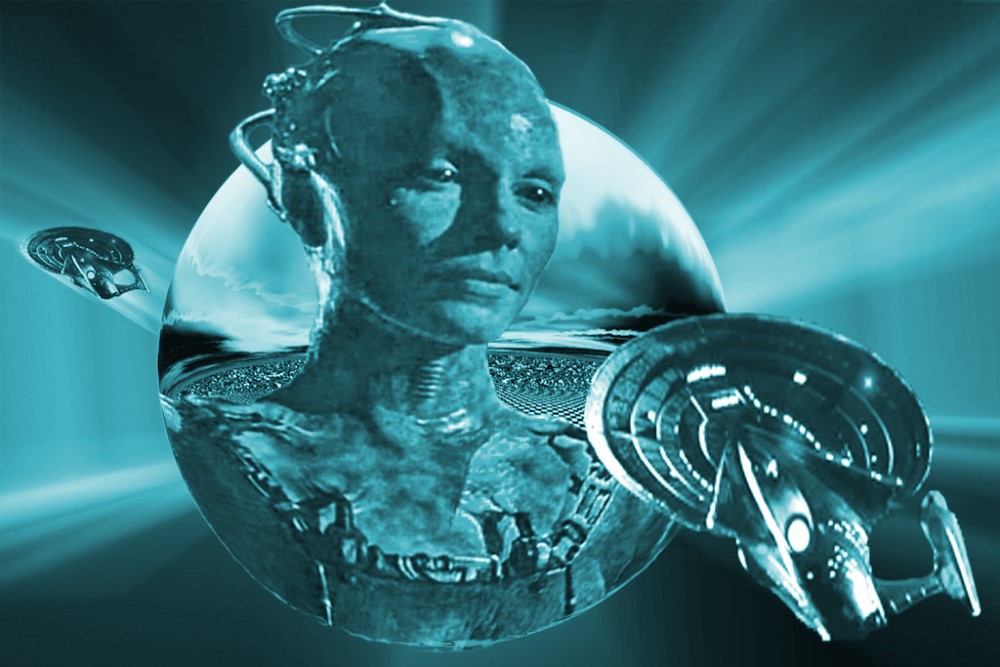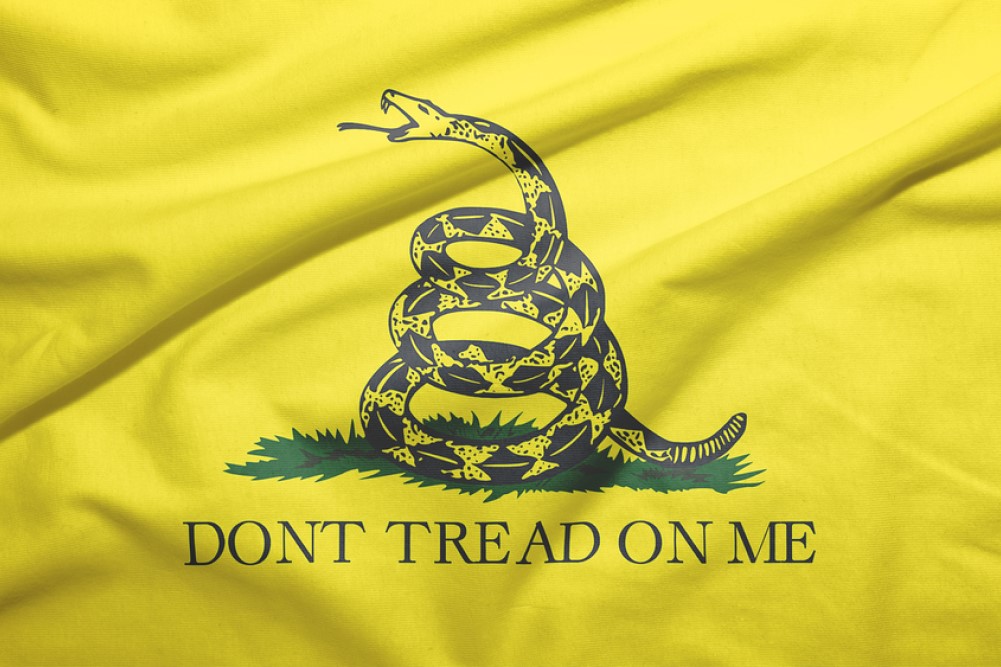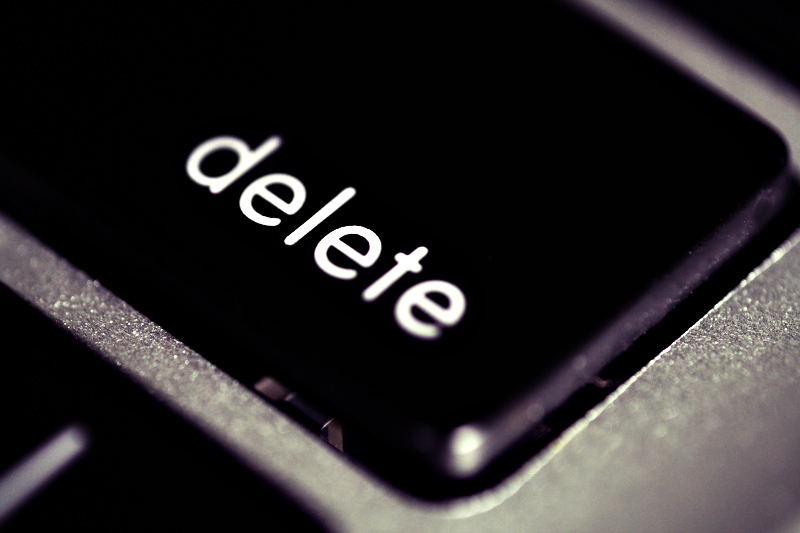On May 24th 2022, 21 people from Uvalde, Texas, lost their lives in an elementary school mass shooting. As people across the country experienced vicarious horror hearing the stories of the children who witnessed the atrocity, discrepancies and changes in the police report started to grab the attention of the general public. In all, the Uvalde police department made a total of 12 report updates and amendments, finally settling on one attention-grabbing fact: of all 19 armed officers and guards who were present at the active crime scene when the shooting began, none of them entered the room where the gunman had barricaded himself with a class full of students. This continued for 78 minutes, until the classroom was finally breached and the shooter killed.
Much of the public conversation surrounding the response of the Uvalde Police Department has focused on the motivations behind the officers’ reluctance to enter the classroom. Namely, on their own admission, they were concerned they would get shot. This is clearly not an irrational fear: they would have to enter the classroom not knowing the position or state of the gunman. Like anyone confronting another with a gun, they would be in danger. But most people’s views of the situation seemed unmoved by these facts.
The overwhelming public consensus was that this danger was precisely part of the role of police officers. By failing to take on this risk, the officers were neglecting a crucial aspect of their duties.
The question of the extent of self-endangerment obligations is one that has arisen in other cases of controversial uses of deadly force among law enforcement officers: for example, Darren Wilson’s killing of Michael Brown and Philip Brailsford’s killing of Daniel Shaver, among many other cases. In many cases where the self-defense plea was used to argue the officer’s case, the plea was successful: officers could kill to preserve their own life, if they legitimately feared for it. Leaving aside the crucial question of how racism and subconscious bias factored into the officers’ perception of threat, we are left wondering: if the officers did feel threatened, isn’t their primary duty still to the public, even when that public currently seems threatening? More simply: under what circumstances are law enforcement officers required to risk their lives for the sake of helping others?
In the wake of the Uvalde shooting, a 2005 Supreme Court decision began making the rounds on social media for its surprising answer to the above question.
Namely, the Court ruled that law enforcement officers had no constitutional duty to protect a person from harm. They would violate no constitutional duty to refrain from assisting someone who needed, or even requested, their assistance.
Of course, this does not mean that there is no sense in which officers must risk their lives for the public. Officers are supposed to respond to orders to serve — orders which come from their captain or chief of police. In the case of Uvalde, the chief of police had not told the responding officers to move in on the shooter. But what if he had? Can someone’s job ever obligate them to risk their life for the sake of another?
In a strictly moral sense of “obligation,” the answer seems to be, very plausibly, yes! Many philosophers accept a category of moral obligations that are attached to specific relational or social roles. For example, one may think that someone ordinarily has no moral obligation to donate a kidney to someone in need of one. But they may also believe that this obligation does kick in if the person in need of the kidney is the donor’s child. The changing variable in this case is the relationship that the donor stands in to the recipient: they have special obligations to the recipient based on their social or familial role.
The idea of role-based obligations goes back at least as far as the ancient Chinese philosopher Confucius. The Analects, a collection of his teachings, describes the following exchange:
Duke Jing of Qi asked Confucius about government. Confucius replied: “Let the ruler be a ruler, minister be a minister, father be a father, son be a son.” The Duke said, “Excellent! Indeed, if the ruler is not a ruler, the ministers not ministers, fathers not fathers and sons not sons, even if I have food, how can I eat it?”
Here, Confucius points to the importance of role-based obligations for maintaining social cohesion. It is clear that, if parents universally and routinely ignored their special role-based obligations to their children, there would be a huge humanitarian crisis to contend with. It is clear that, if law enforcement officers or other kinds of civil servants ignored all role-based obligations to protect those they serve, the social order would lack a class of protective services that, under ideal conditions, seem crucial to the well-being of a nation.
The legal question of such obligations, however, is more complicated. In the majority of U.S. states, commercial surrogacy (contracting paid gestational labor from another) is illegal. In these states, such contracts are prohibited because they are deemed unenforceable: a citizen cannot sign away their rights to bodily autonomy, even of their own volition. Therefore, most terms of the contract would be unenforceable, as a surrogate would maintain the right to, say, obtain an abortion as allowed under the particular state’s abortion laws. Would a labor contract that required law enforcement officers to risk their lives on command be less of a voluntary relinquishing of bodily autonomy than a surrogacy contract?
On the other hand, there is an obvious and prominent counterexample to the idea that no contract can oblige someone to surrender some bodily autonomy: military service.
When someone signs up for military service, they relinquish their right (while on duty) to choose their own clothing, haircut, and innumerable other aspects of their day-to-day life.
Of course, they also obviously contract themselves into a potentially highly-dangerous job. A military, to function, must assume that personnel are obligated to follow orders into battle, even if those orders put their lives at serious risk. At various times in history, we have even drafted people into the army, forcing them to take up arms in defense of the nation, or else face jail time. While many are critical of a draft, few question the right to voluntarily sign away significant portions of bodily autonomy in order to (as a free choice) join the military.
At the crux of this issue lies a seeming-conflict between two incompatible propositions: 1) in order for a nation to flourish, there must be a way of holding law enforcement, and other civil servants, to their role-obligations to risk their own well-being for the sake of the public; 2)the right to bodily autonomy is inalienable, and the voluntary relinquishing of autonomy cannot be legally enforced. Finding a way to reconcile the two — or to carve a middle ground between them — may be helpful for determining future matters of contract policy and responsibility.




